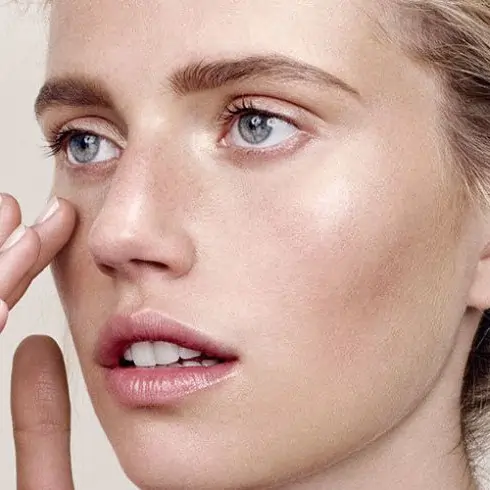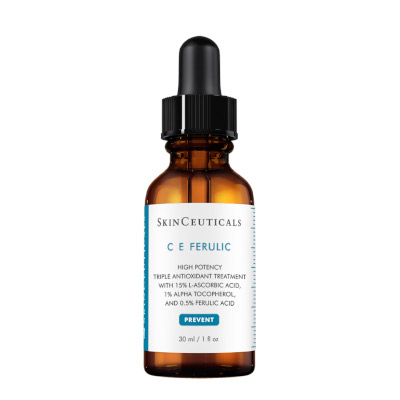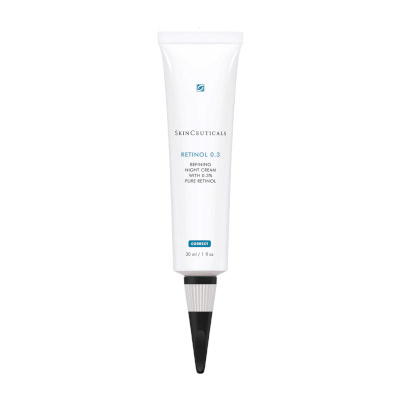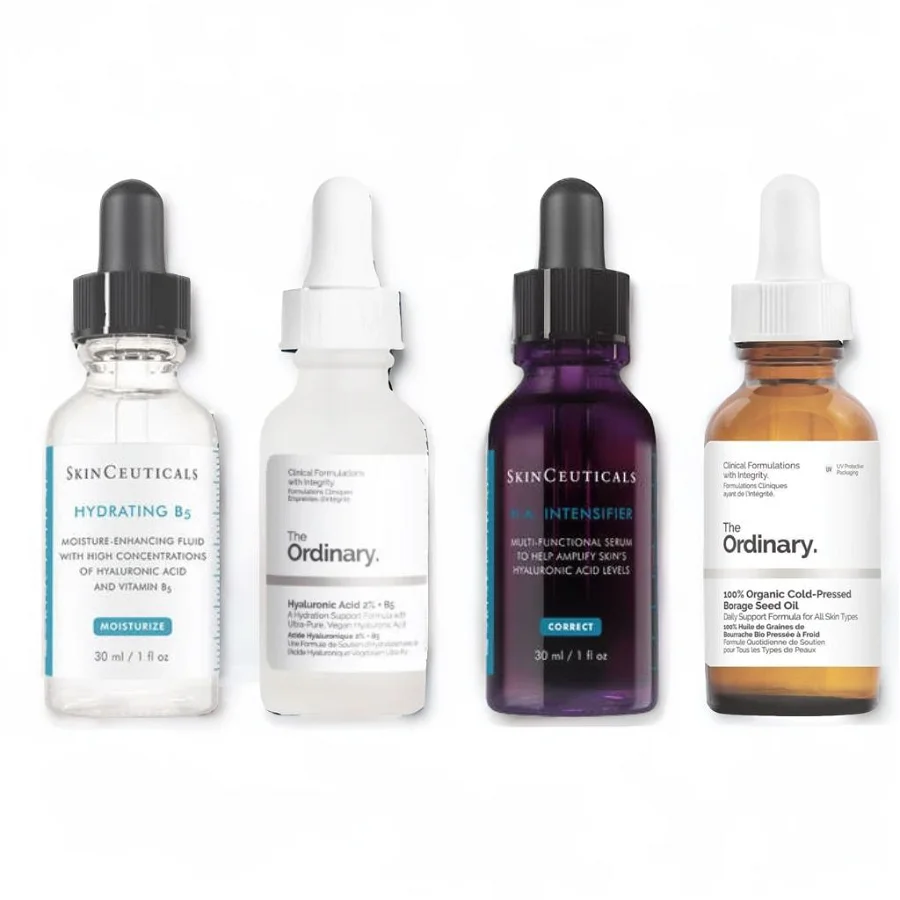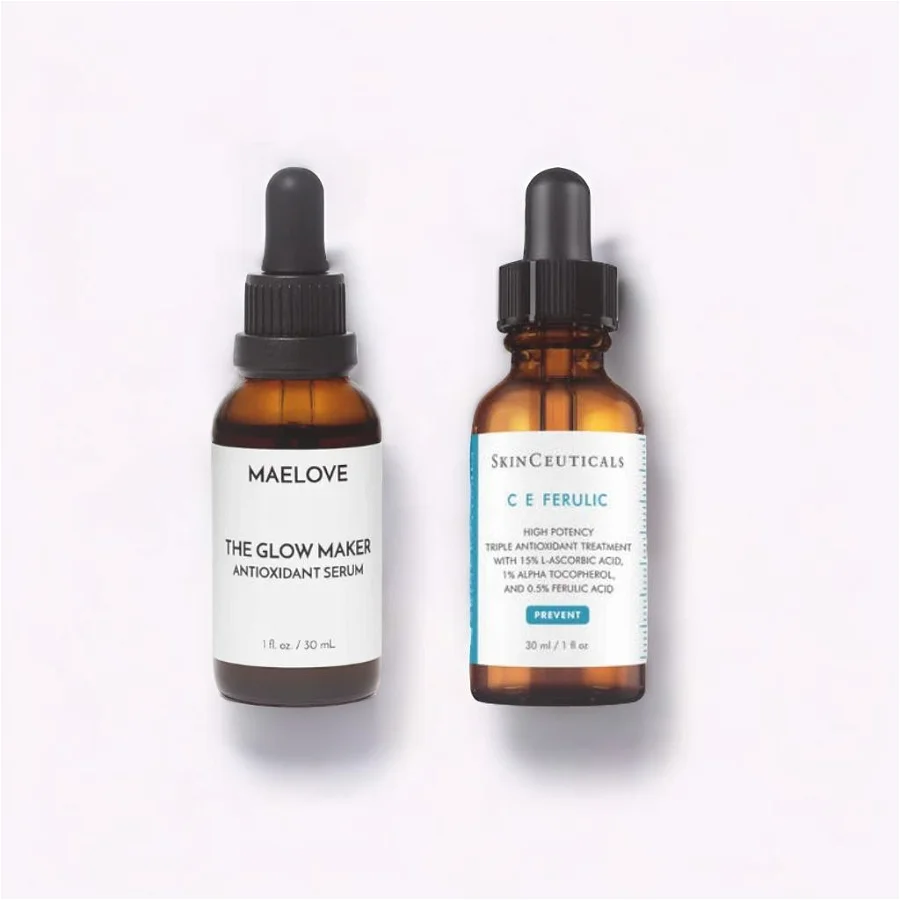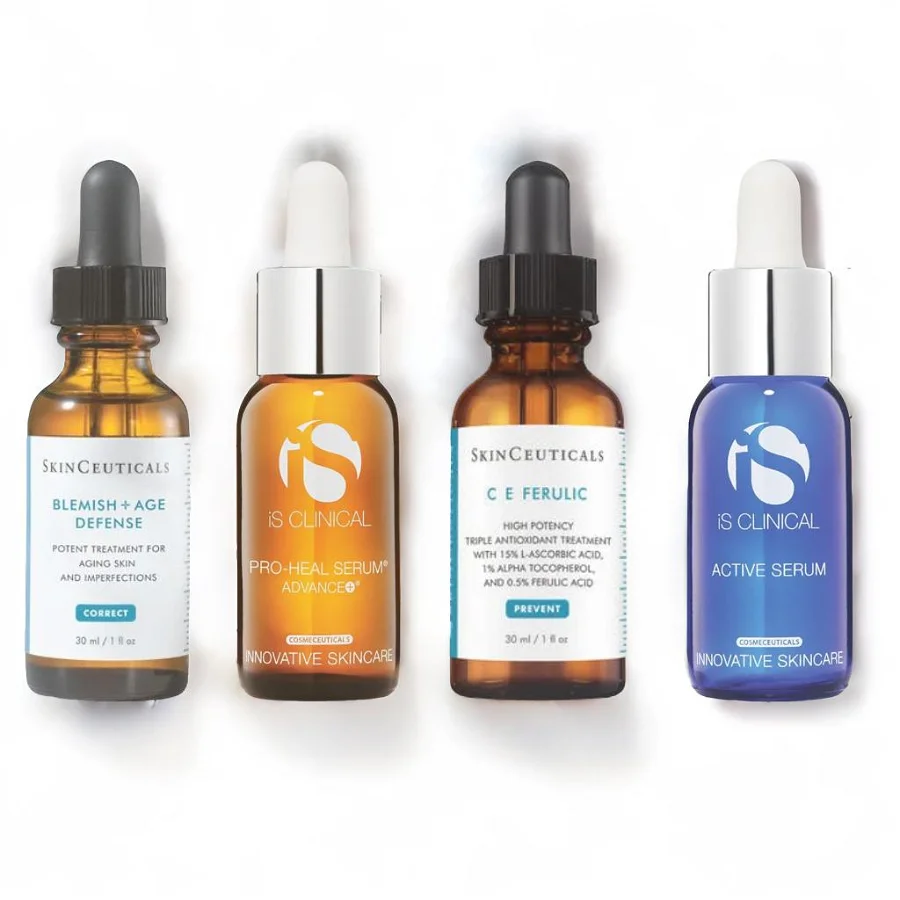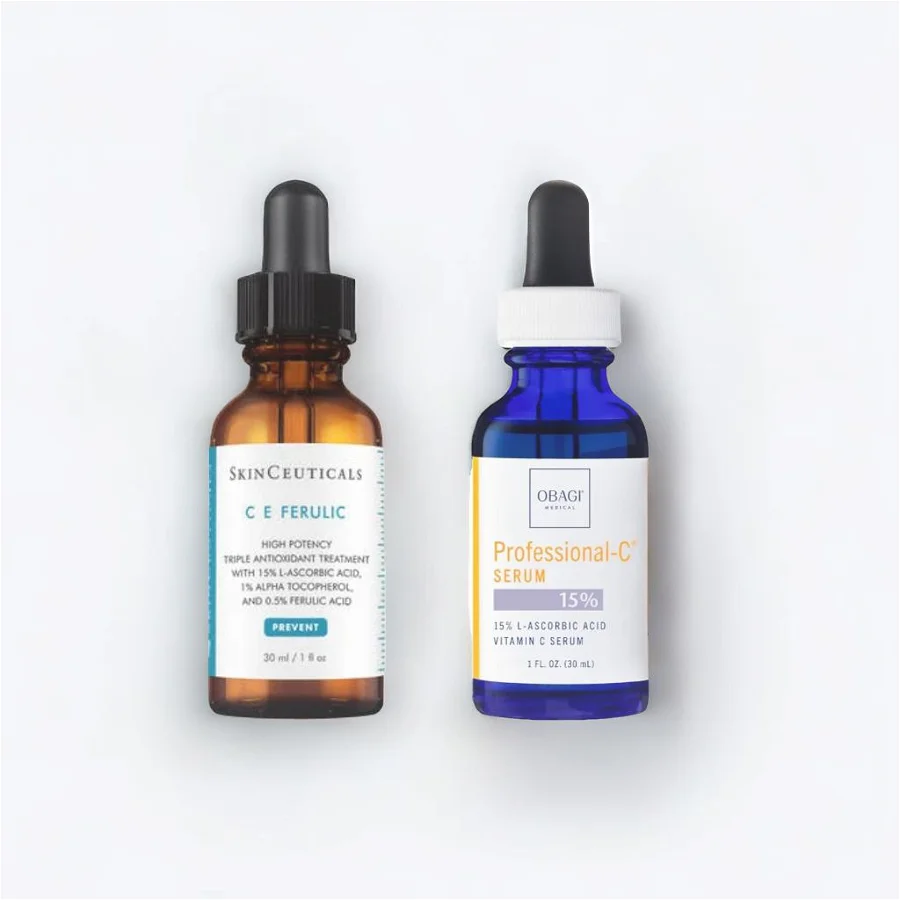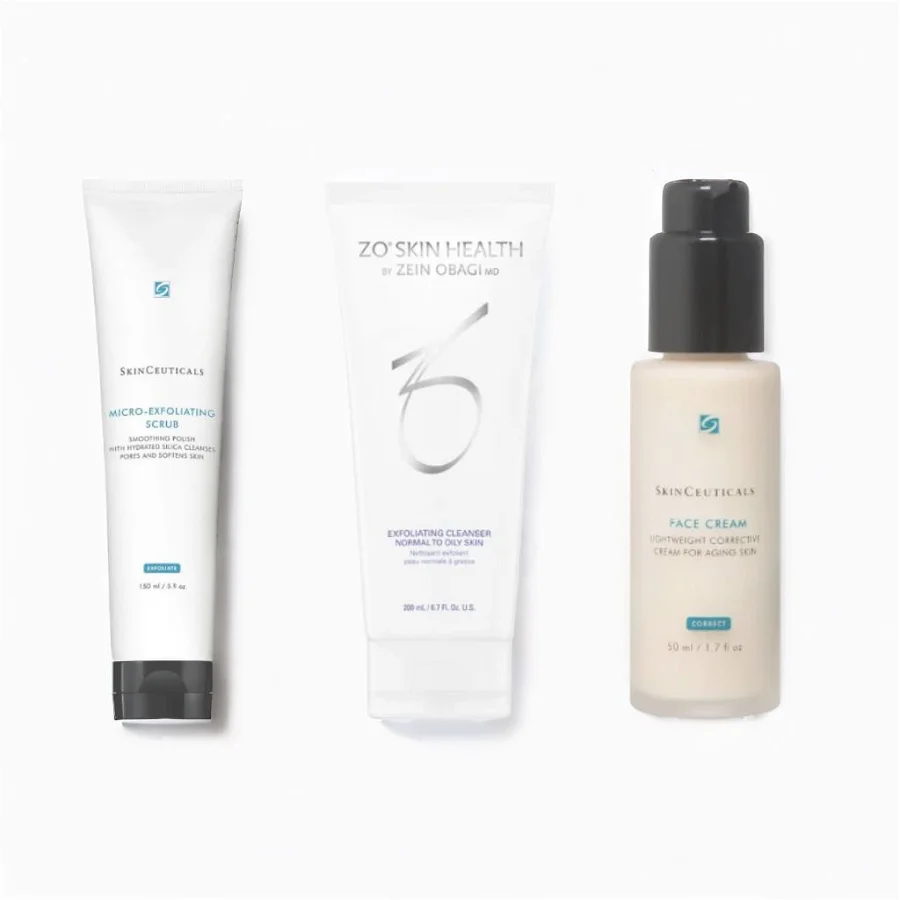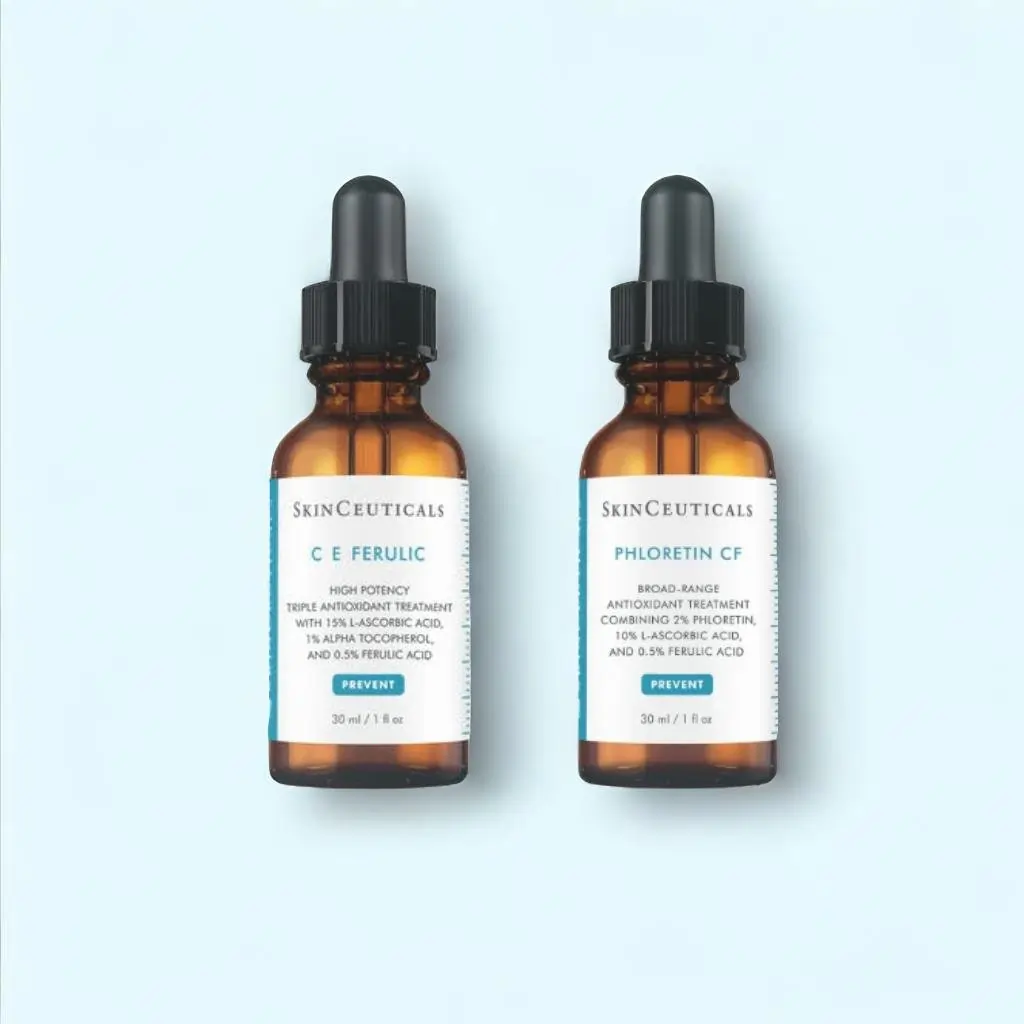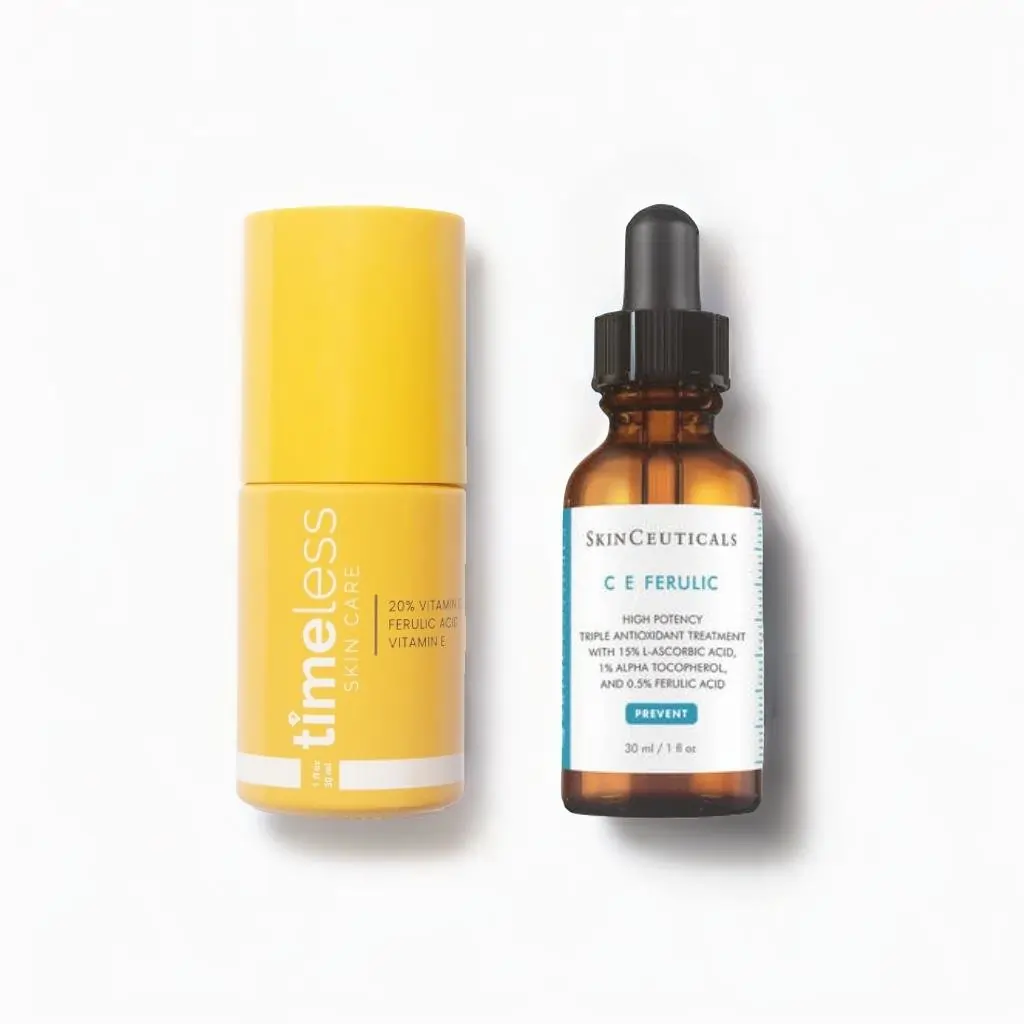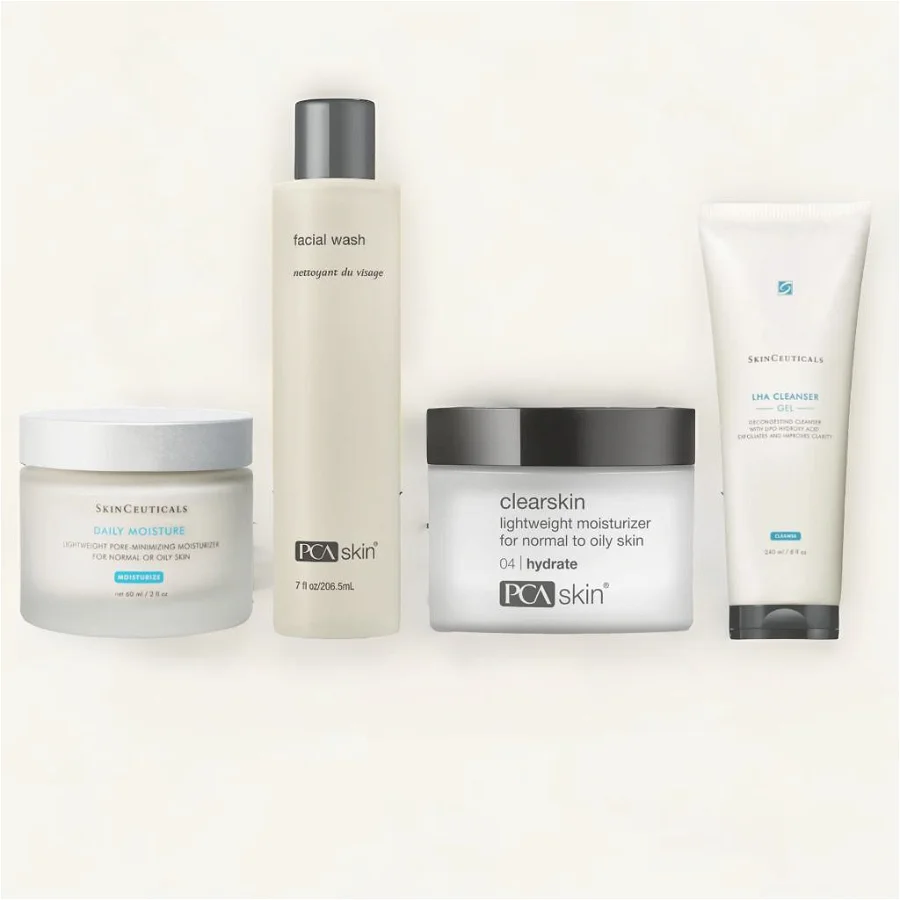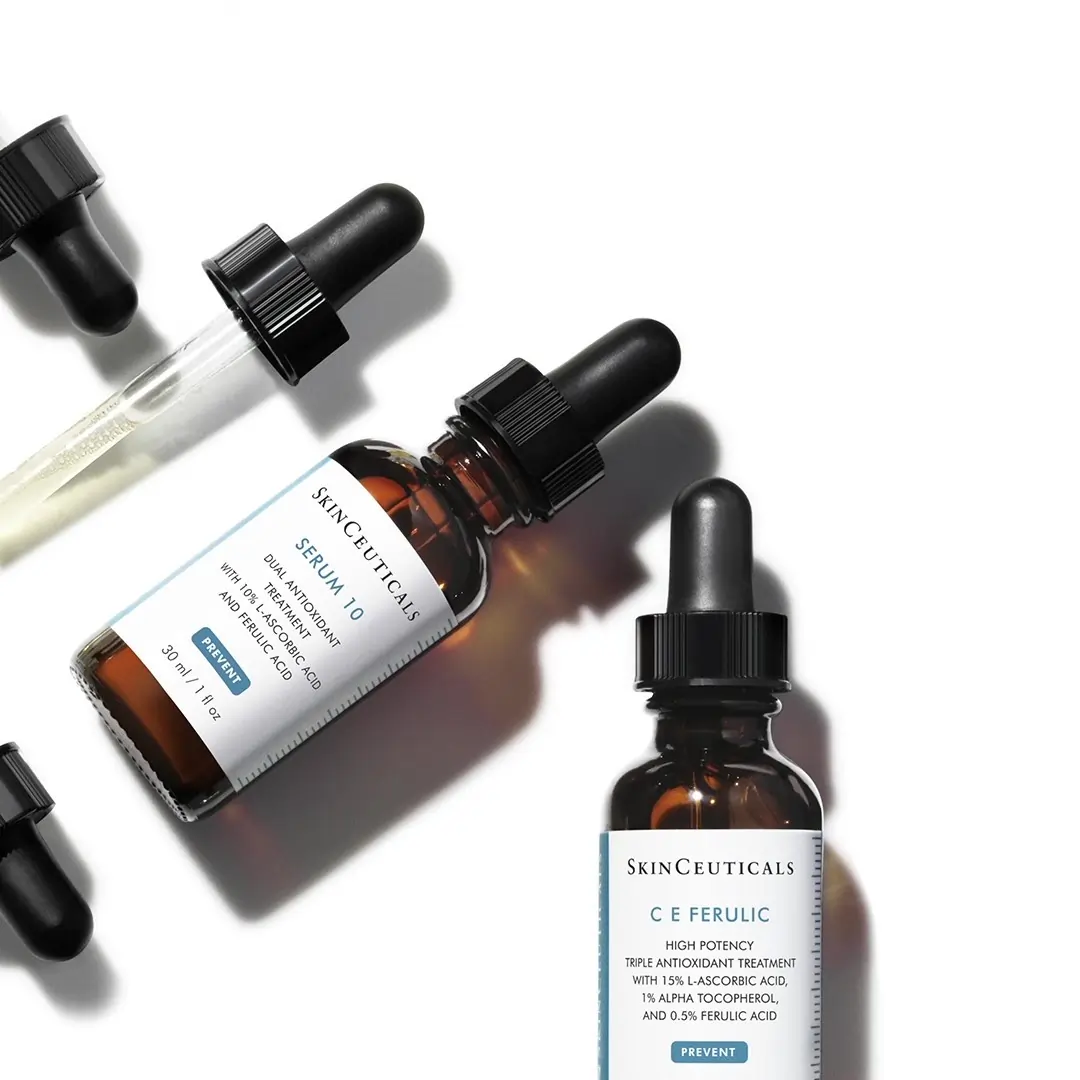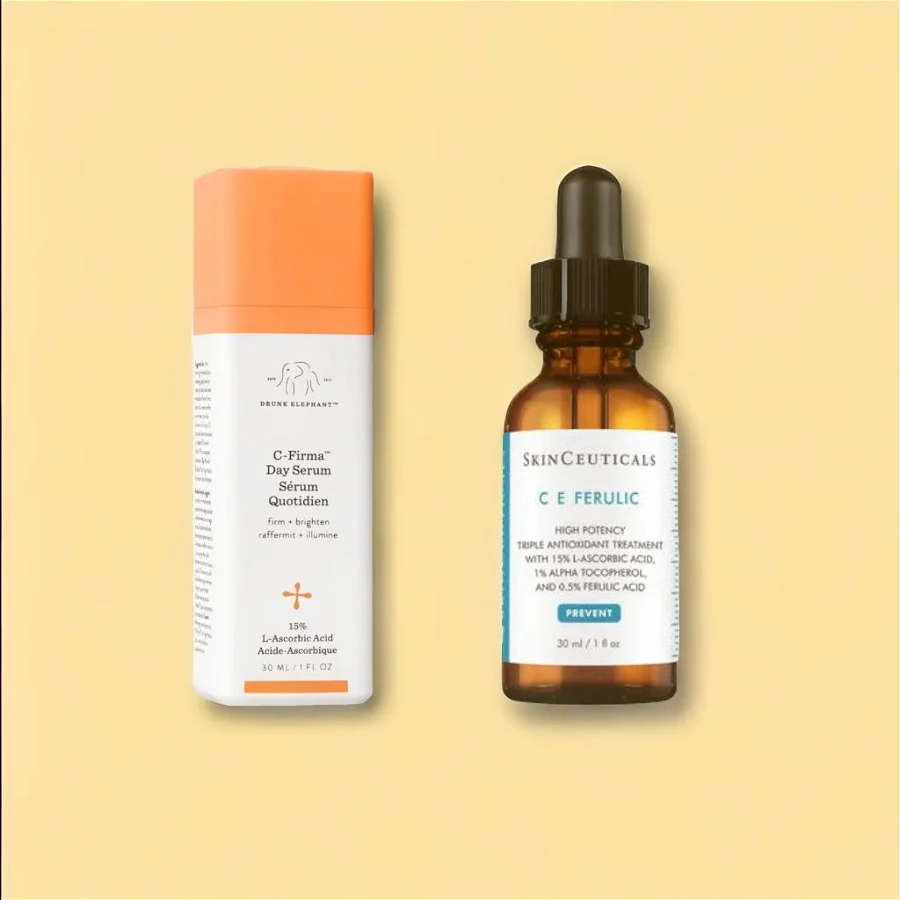
We're positive you've seen Murad and Skinceuticals on the shelves at your local drugstore before. But which one should you choose?
We’ve picked a couple of the most popular best-sellers from each brand, and we’ll be comparing them in detail to help you decide which is best for you and your skin.
Murad vs Skinceuticals
If you’re serious about anti-aging, then you already know it takes a village of products to keep the skin looking youthful. (That’s how the saying goes, right?) Whether you’re the type that basically collects new products to try or you prefer a more minimal approach, everyone is ultimately looking for similar results.
It might seem like you need to spend hundreds to achieve the perfect skincare lineup. We’re here to tell you this is simply not true. We do, however, think some items are worth splurging on—but not everything in your arsenal needs to have a luxury price tag.
Two skincare must-haves you should consider spending a little bit more on, in our opinion, are Vitamin C formulas and retinol formulas. When it comes to these two, quality cannot be understated.
Thankfully, plenty of brands carry both, such as Murad’s Vita-C Glycolic Brightening Serum and Retinol Youth Renewal Serum or SkinCeuticals C E Ferulic Vitamin C Antioxidant Serum and Retinol 0.3 Face Cream.
Let’s take a closer look at each to see which are worth your coins.
Vitamin C Serum
Murad’s Vita-C serum is gold-stabilized and complemented by the addition of glycolic acid and phyto-luminescent extract to gently exfoliate and offer sun protection. Such ingredients also mean better efficacy and potency to reverse signs of aging and hyperpigmentation as well as revealing more radiant skin.
If you’re looking for a Vitamin C serum that works to deliver advanced environmental protection as it improves loss of firmness and brightens the skin’s complexion, SkinCeuticals’ is the one for you. This 15% pure Vitamin C, 1% Vitamin E, and 0.5% ferulic acid concoction also lends additional defense from UVA/UVB rays, ozone pollution, and exhaust fumes by up to 41%.
Retinol Serum
Murad's Retinol Youth Renewal Serum is made with three retinol technologies, Swertia flower extract, and hyaluronic acid to visibly diminish the appearance of fine lines or wrinkles in just two weeks. After 341 reviews, Murad’s Vita-C formula has a 4.9-star rating, while their retinol has amassed 766 reviews and 4.8 stars.
Unlike Murad’s retinol, SkinCeuticals’ comes in the form of a face cream. This 0.3% pure retinol cream also reduces signs of aging while shrinking pores and evening the skin tone. The Vitamin C serum currently has 4,773 reviews and a 4.5-star rating and the retinol cream has only 77 reviews, but a 4.7-star rating.
Comparison
For 1oz of Murad’s Vita-C serum, it’ll cost you $88, while 1oz of their retinol is $92. SkinCeuticals is a bit more expensive, with their C E Ferulic serum at $169 for 30ml and their retinol cream is $70 for 30ml.
Not only is Murad cheaper, but their products also have better ratings. Before you decide to take their side solely based on these two factors, we’d like to learn more about Murad and SkinCeuticals’ business ethics first.
Murad is PETA-approved as cruelty-free, but not all its products are vegan. As far as their commitment to sustainability, Ethical Elephant reported that a representative from Murad claims the company is “dedicated to ethically sourced, sustainable ingredients.”
(Note: This statement comes after questions were raised around whether the company used child labor to source mica, a mineral that adds a shimmery effect to cosmetics. Murad did not directly address where or how they obtain their mica, nor did they specify how they audit or trace it.)
Murad has also partnered with TerraCycle, which allows customers to ship back their empty bottles (free of charge) where they’ll then be made into flooring tiles, storage bins, outdoor furniture, and more.
SkinCeuticals claims they don’t test any of their products or ingredients on animals, however, they will make an exception if it’s required for safety or regulatory purposes. Thus, they aren’t 100% cruelty-free—nor are they vegan.
They are, at least, attempting to move towards more eco-friendly efforts. 50% of their packaging materials will be from recycled or bio-based materials by 2025. SkinCeuticals has also committed to utilizing recycled glass for their serum bottles to decrease their use of virgin glass by 100 tons.
Given that Murad has just about every factor on its side, this is an easy decision for us!
